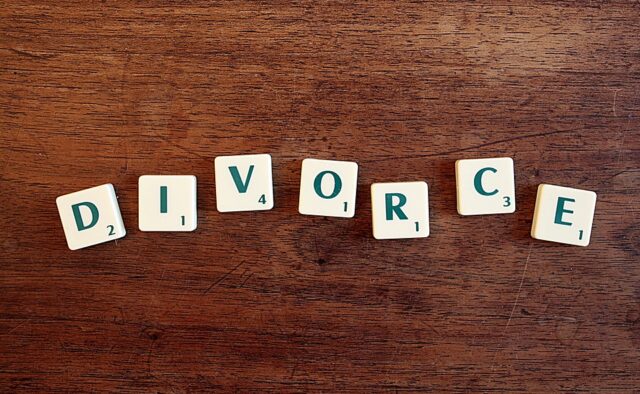A divorce is challenging enough on its own, but it can become even more complex when your spouse is making unfounded and untrue accusations against you. During a contentious divorce or child custody battle, your spouse may resort to false allegations to gain an unfair advantage. Taking the necessary steps to refute these allegations is crucial in such cases, as they can result in severe civil and criminal consequences. Even though you know these allegations are false, the court is not just going to take your word over your spouse’s. Therefore, it’s in your best interest to enlist the help of a knowledgeable Suffolk County Divorce Lawyer who can help you effectively counter false allegations and protect your legal rights. Please continue reading to learn how to handle false allegations during divorce proceedings in New York.
How Should I Handle False Allegations During Divorce Proceedings?
If you’re facing false allegations, taking the appropriate measures to defend yourself is crucial. If left unaddressed, such accusations can seriously compromise your position and lead to an unfavorable outcome. It’s vital to counter these allegations in a calculated way. Reacting impulsively without considering your response could cause further harm to your case. Therefore, it’s in your best interest to enlist the legal assistance of an experienced attorney who can help you develop a robust strategy and ensure you don’t jeopardize your legal standing.
When dealing with false allegations, it’s essential to prioritize remaining calm and level-headed. Engaging in any behavior that could be considered bad faith may harm your case, so it’s best not to retaliate. That said, you should not attempt to fight fire with fire. False accusations can result in serious long-term consequences, including a tarnished reputation and the denial of custody rights. To prevent this from happening, you must comply with court guidelines and work with your attorney to combat these accusations to maintain your credibility. If the allegations concern abuse, avoiding arguments and conflict is essential. Contentious interactions will only add fuel to the fire. If you remain level-headed, it will aid your credibility.
Should I Collect Evidence?
Moreover, it’s beneficial to document as much as possible, as you must provide evidence that the allegations are false. In some cases, you may be able to uncover inconsistencies in your spouse’s story that can be used to refute their claim. You may even be able to expose their motives by tracking their lies through texts or email exchanges where they threaten to go after you if you don’t give them what they want in the divorce.
If you’re struggling with false allegations during a divorce, please don’t hesitate to contact a trusted lawyer from The Law Offices of Susan A. Kassel, P.C., who can help you reveal the truth.




